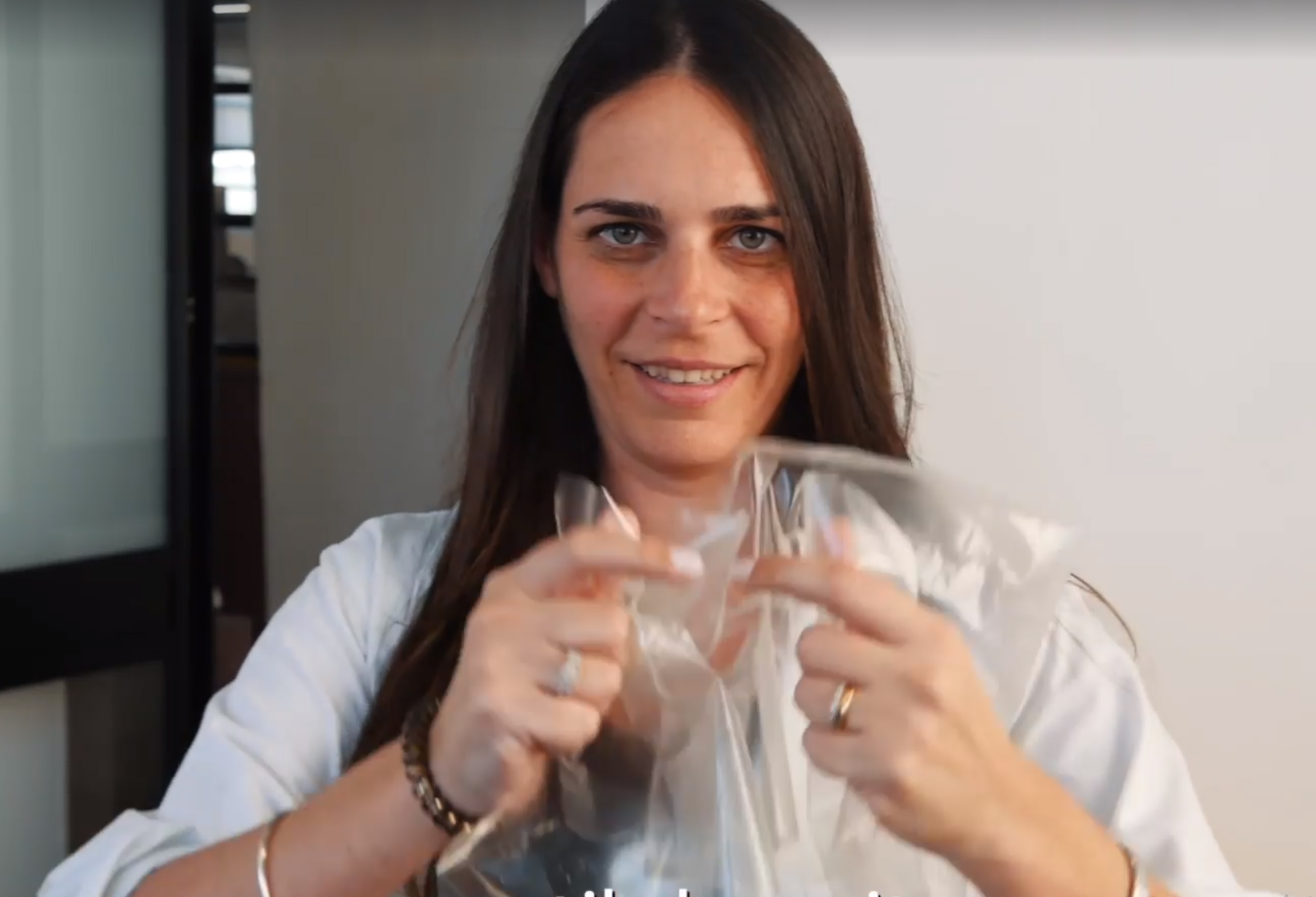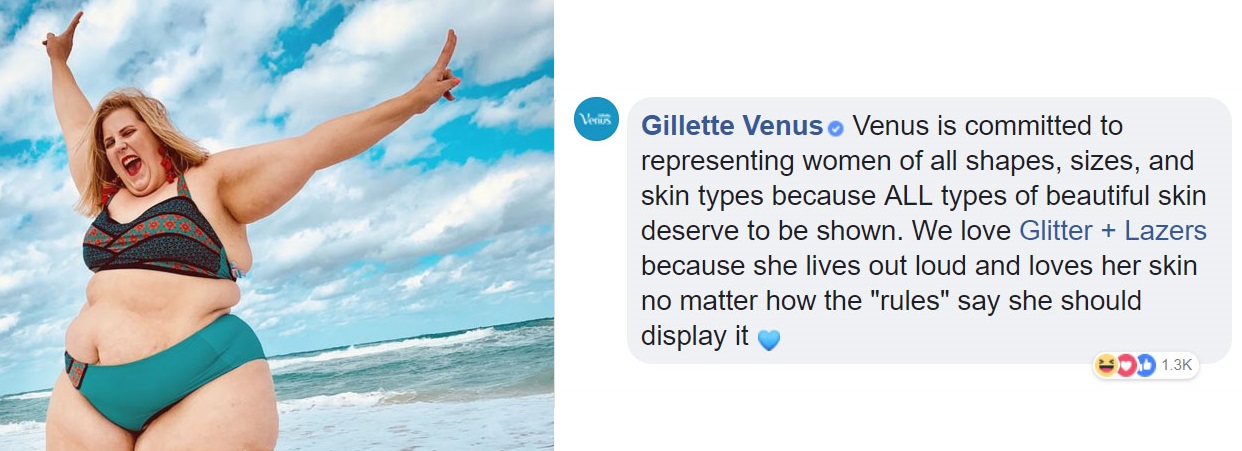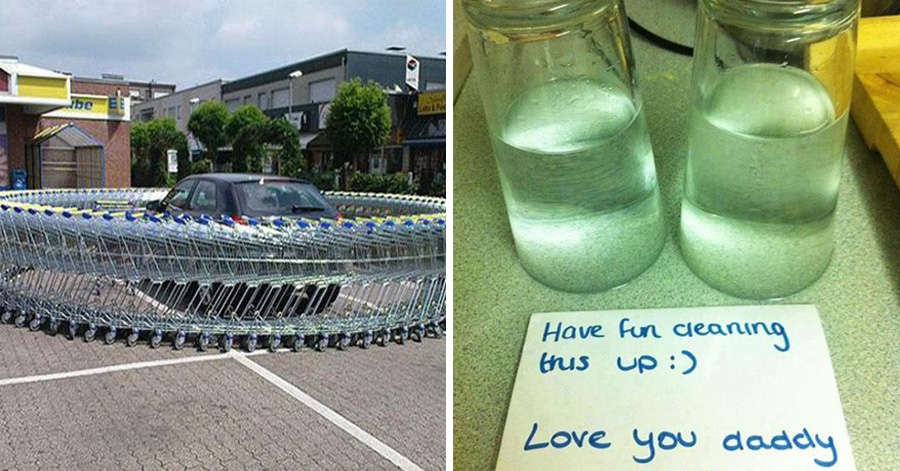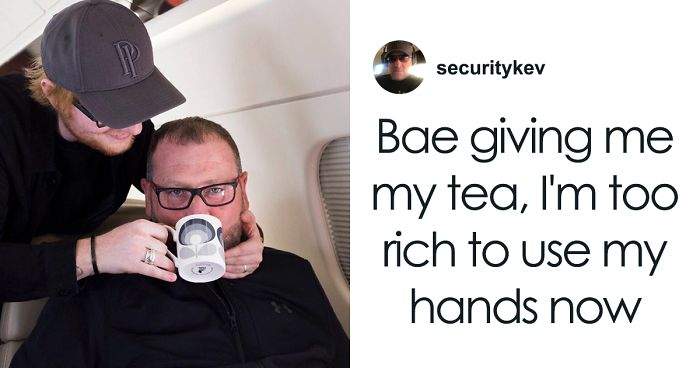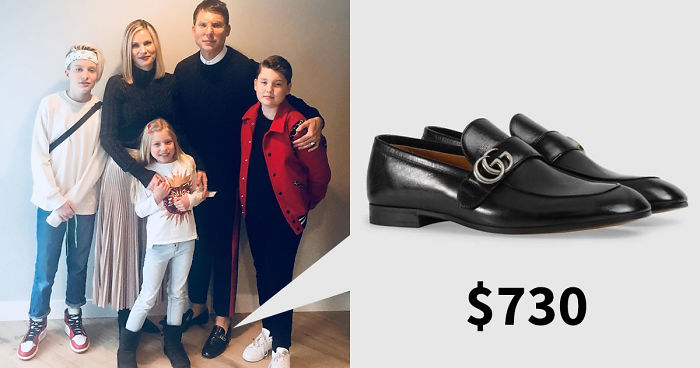It’s becoming more and more obvious that plastic pollution is an ecological disaster. Deep sea creatures are swimming in plastic waste. So much so, that scientists are saying that in just a few short years, there will be more pieces of plastic floating in our seas than fish. And since millions of tons of plastic are produced around the world every year, (and since half of those are single-use items that will be thrown away almost immediately, but won’t biodegrade for hundreds of years) radical solutions are desperately needed. While many of us are left scratching our heads, wondering what we could to do help, Sharon Barak from Israel dived right in and actually came up with a new type of plastic that biodegrades in water.
Meet Sharon Barak
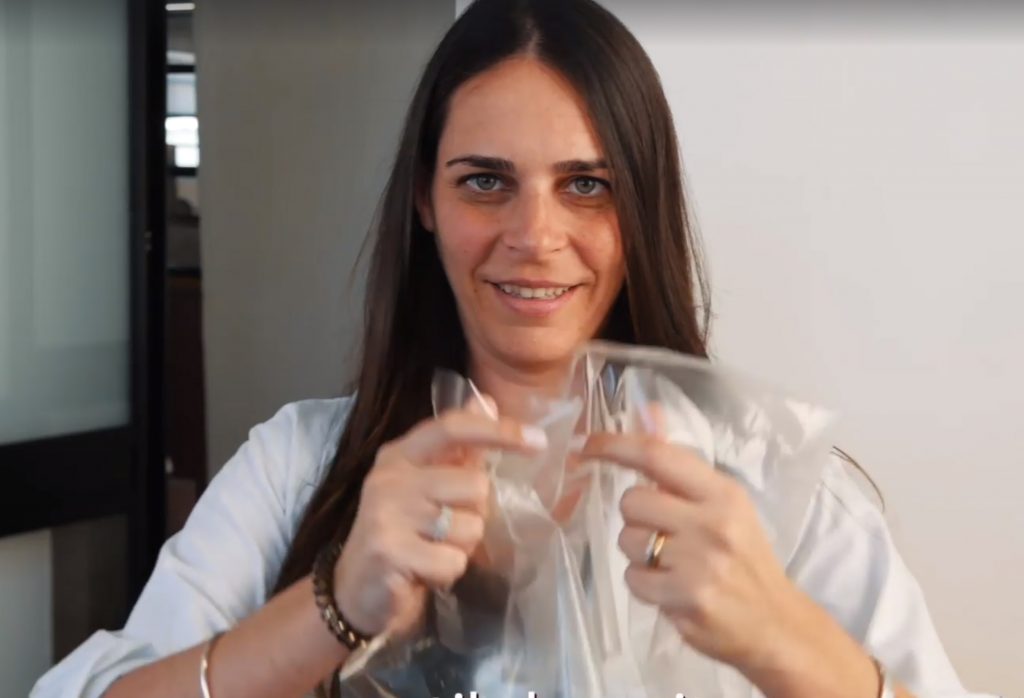
After years and years of research, Sharon Barak, a chemical engineer from Israel made it her mission to find a way to fix one of the biggest issues we’re dealing with today: plastic pollution. She was finally able to put her skills to the test and after studying the problem, she came up with an incredible solution that might just be one of the greatest inventions of the
Changing The Whole Concept Of Plastic
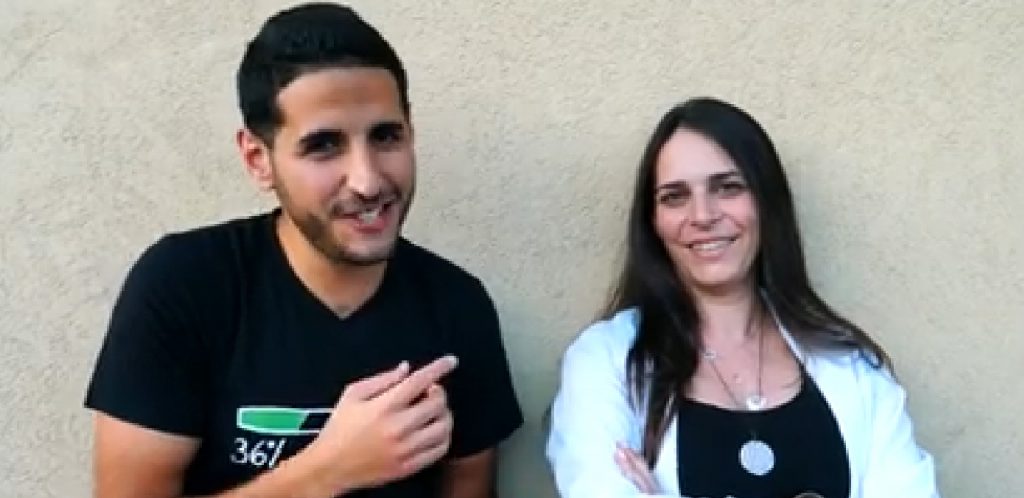
Instead of finding a way to get rid of plastic or recycle it, Sharon invented a new way to reduce the time it takes for plastic to degrade from centuries down to just minutes, a welcome relief that Mother Nature has been desperately needing. Let’s explore how her fascinating invention works!
She Worked for a Plastics Manufacturing Company
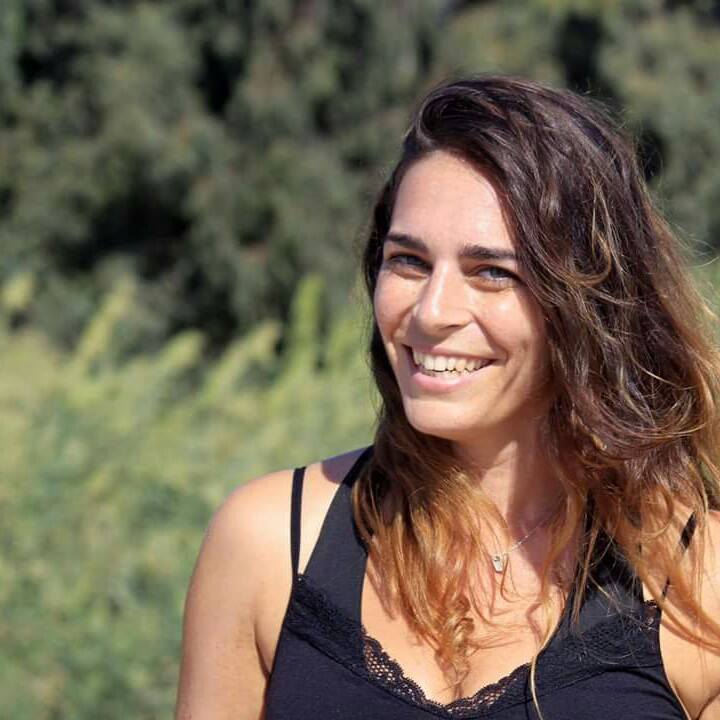
Plastics are a part of everyday life. We use them every day, from the time we wake up until we go to bed late at night. It may be pretty convenient, but here’s the number one problem with plastic: this resourceful material can remain in its current form for up to 500 years, threatening animal and human life. As an engineer for a plastics manufacturer, Sharon saw firsthand the environmental havoc plastics wreak on the planet, and decided she couldn’t take it anymore.
She Had To Quit!

Sharon couldn’t simply stay still and let plastic ruin the lives of thousands of species. So she set out to create a product that would look and feel like plastic, but that’s not all. She wanted the material to function just like plastic does, but she wanted it to dissolve in water without harming plants or animals. And guess what? She succeeded!
Conventional Plastics Have a Long Lifespan
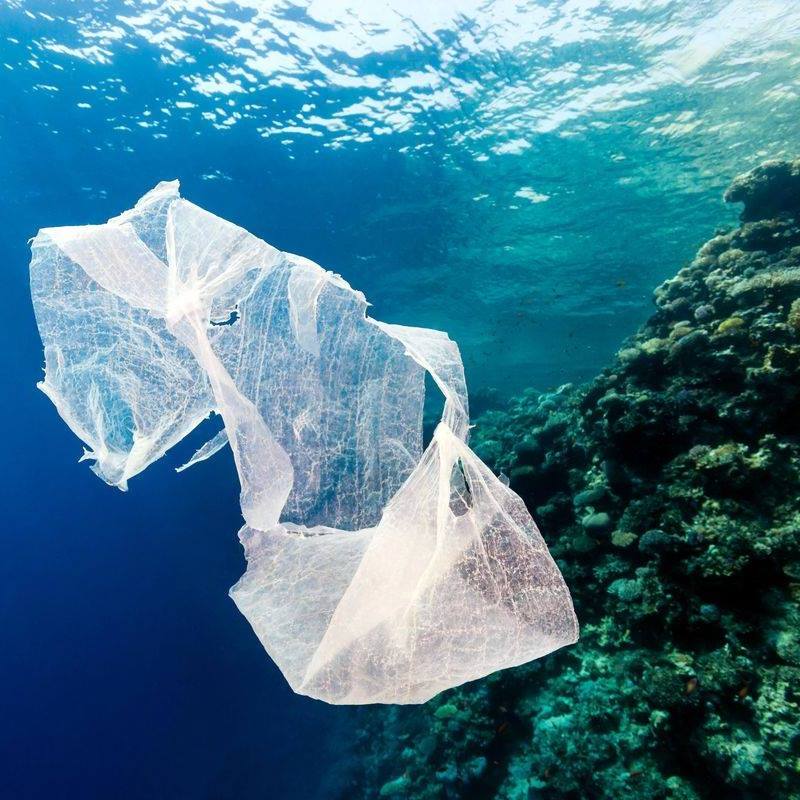
While the plastic products we casually use and toss aside every day can take many lifetimes to biodegrade, (more specifically, 50 years for plastic cups, 200 years for straws, and a whopping 450 years for plastic bottles!) Sharon thought there must be a way to reduce those numbers. Her product could very well change the world as we know it. And she’s quite confident that it’ll have the potential to “solve the plastic pollution problem and make the world a better and cleaner place”.
Her Plastic Substitute Dissolves in Water in Just Minutes
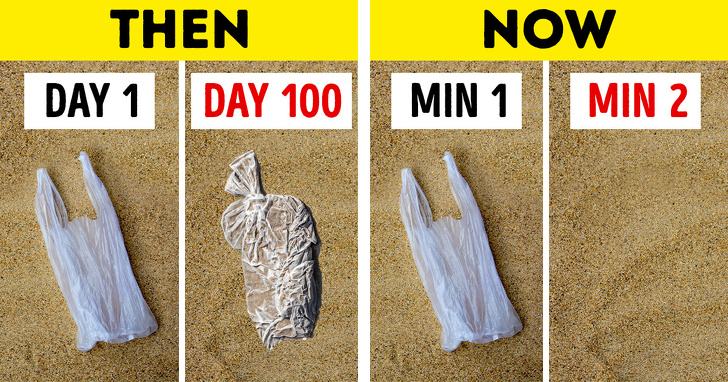
Sharon’s team worked diligently to create a substance that is made of 100 percent eco-friendly components and quickly breaks down in water. “This product is not plastic at all, but it looks and feels like it,” Sharon explained. But that’s not all! Sharon’s new type of plastic is so safe that you can even drink the water solution left after a “plastic” bag dissolves in it!
There’s No Need for Recycling
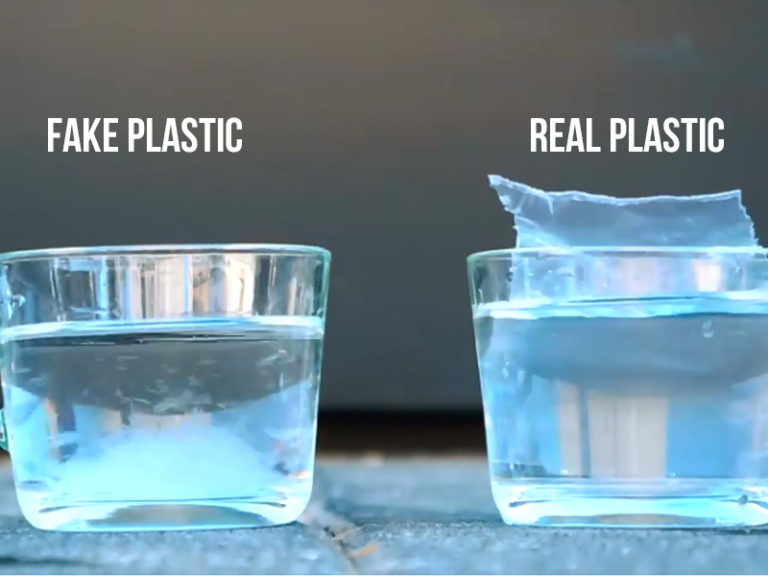
The product is so soluble that you can just toss a used bag down the drain and it will dissolve on its own, so there’s no need for complicated recycling procedures. “After you finish using it and you throw it away, it will just break down and bio-degrade in nature,” she explained. When you finish using that grocery bag or plastic to-go coffee cup and straw, simply toss it in the sink and wash it away!
Luckily, Manufacturing is Almost As Easy
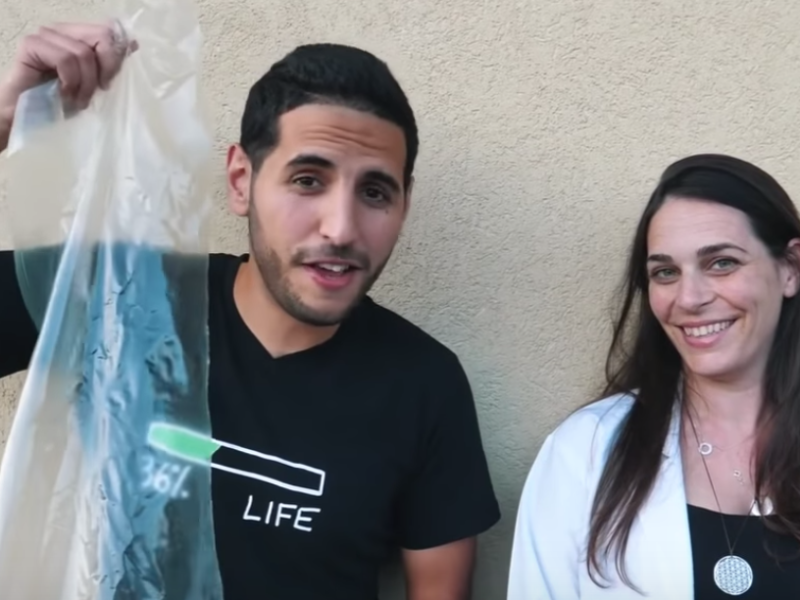
Youtube / Nas Daily
Better yet, existing plastics manufacturing plants can easily be adapted to create the product designed by Sharon and her team, so there will be no need for expensive new factories to get involved in the process. They explained on
They’re Hoping Their Start-up Can Gain Traction Fast
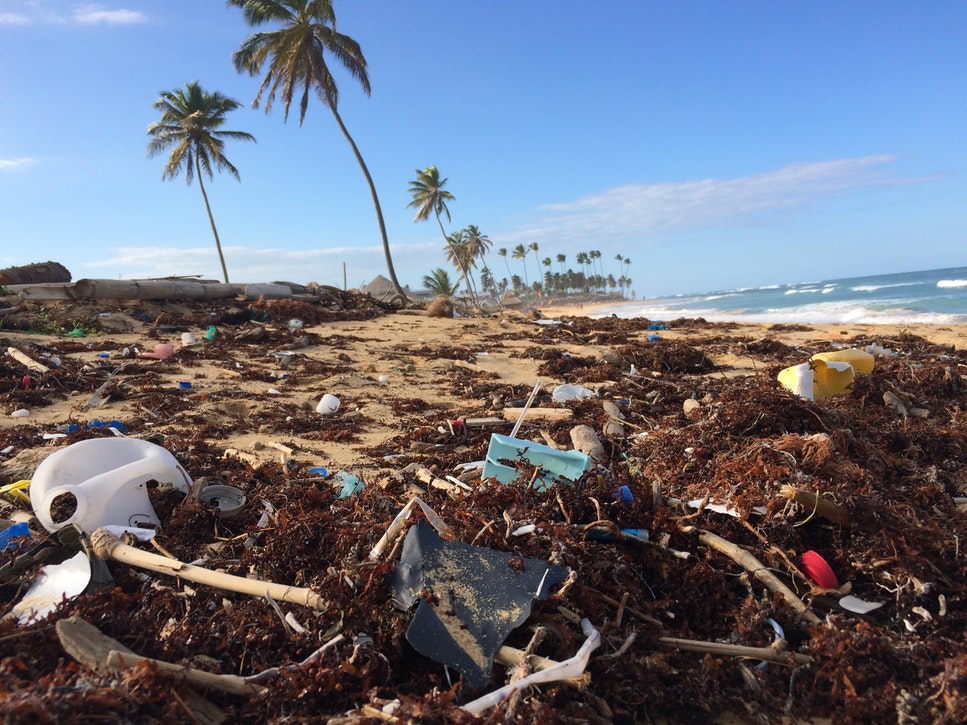
The biodegradable plastic substitute that Sharon and her team have developed has huge potential to be

